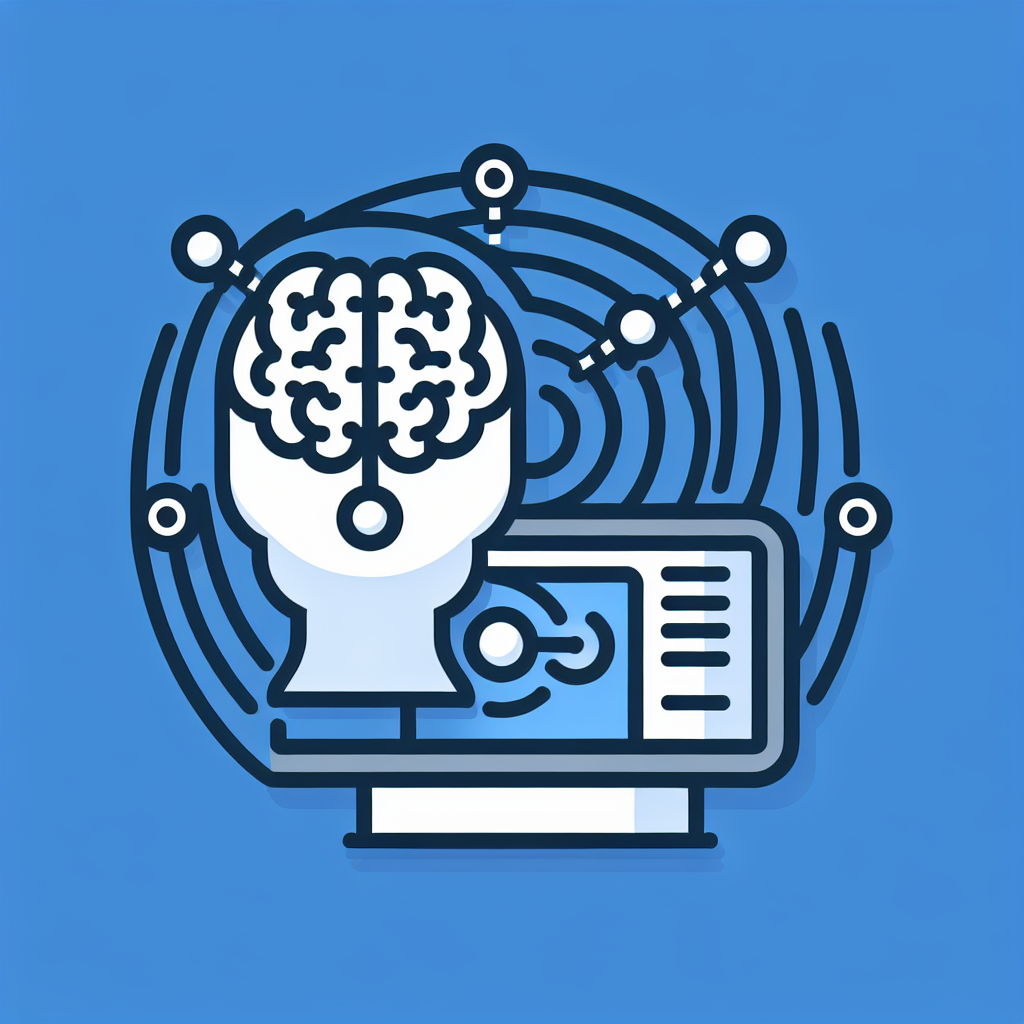AI (Artificial Intelligence) has revolutionized the way companies target and engage with their customers. One of the key areas where AI has made a significant impact is in behavioral targeting. Behavioral targeting is the practice of using data and algorithms to predict and target the behavior of consumers online. This allows companies to deliver more personalized and relevant content to their customers, ultimately leading to higher engagement and conversion rates.
The Role of AI in Behavioral Targeting
AI plays a crucial role in behavioral targeting by analyzing massive amounts of data to understand customer behavior and preferences. This data can include everything from browsing history and purchase patterns to social media activity and demographic information. By using sophisticated algorithms, AI can identify patterns and trends in this data to predict what a customer is likely to do next.
One of the key benefits of AI in behavioral targeting is its ability to deliver personalized content to customers in real-time. For example, AI can analyze a customer’s browsing history and recommend products or services that are likely to be of interest to them. This not only improves the customer experience but also increases the likelihood of a conversion.
AI can also help companies identify and target specific customer segments more effectively. By analyzing data from multiple sources, AI can create detailed customer profiles that allow companies to tailor their marketing messages to different audiences. This can lead to more targeted and effective marketing campaigns that drive higher engagement and sales.
Another important role of AI in behavioral targeting is its ability to optimize marketing campaigns in real-time. AI can analyze the performance of different marketing channels and messages and make adjustments on the fly to maximize ROI. This level of optimization would be impossible to achieve manually, making AI an invaluable tool for marketers looking to improve their targeting strategies.
FAQs
Q: How does AI collect and analyze data for behavioral targeting?
A: AI collects data from various sources, such as website analytics, social media platforms, and customer databases. This data is then analyzed using machine learning algorithms to identify patterns and trends in customer behavior.
Q: Is behavioral targeting ethical?
A: Behavioral targeting raises privacy concerns, as it involves tracking and analyzing customer behavior. However, companies can ensure ethical practices by being transparent about their data collection methods and giving customers the option to opt-out of targeted advertising.
Q: How accurate is AI in predicting customer behavior?
A: AI can be highly accurate in predicting customer behavior, especially when it has access to large amounts of data. However, there are limitations to AI’s predictive capabilities, and companies should use AI as a tool to supplement, rather than replace, human judgment.
Q: What are the benefits of using AI in behavioral targeting?
A: Some of the key benefits of using AI in behavioral targeting include improved personalization, more targeted marketing campaigns, real-time optimization, and increased ROI.
In conclusion, AI plays a crucial role in behavioral targeting by analyzing data and predicting customer behavior. By leveraging AI, companies can deliver more personalized and effective marketing campaigns that drive higher engagement and conversion rates. While there are concerns about privacy and accuracy, companies can mitigate these risks by being transparent and using AI as a supplement to human judgment. Overall, AI is a powerful tool that has the potential to revolutionize the way companies target and engage with their customers in the digital age.

